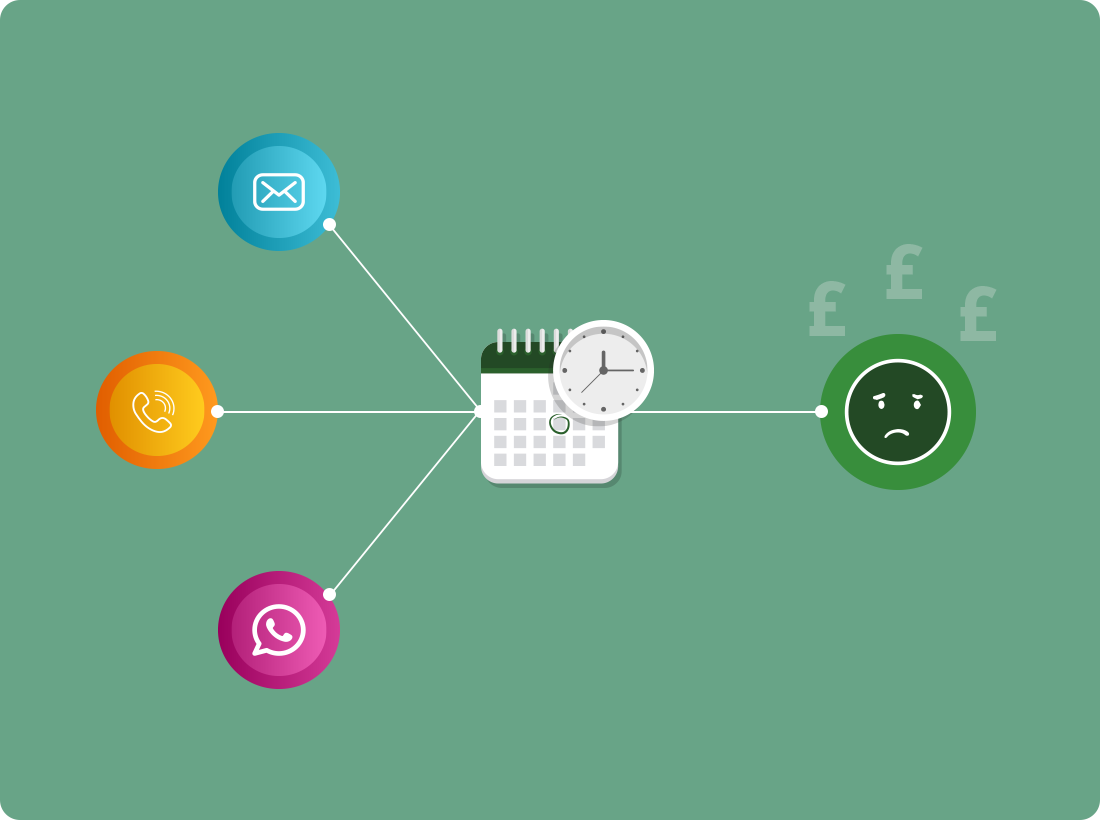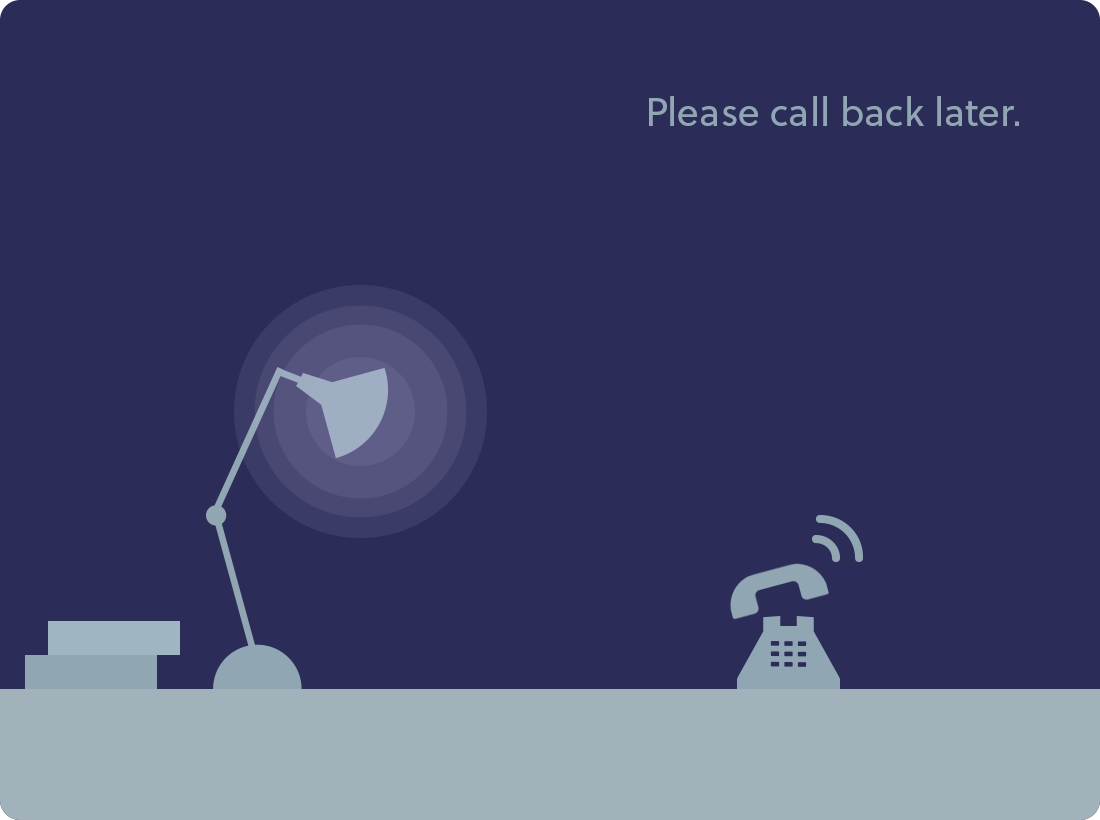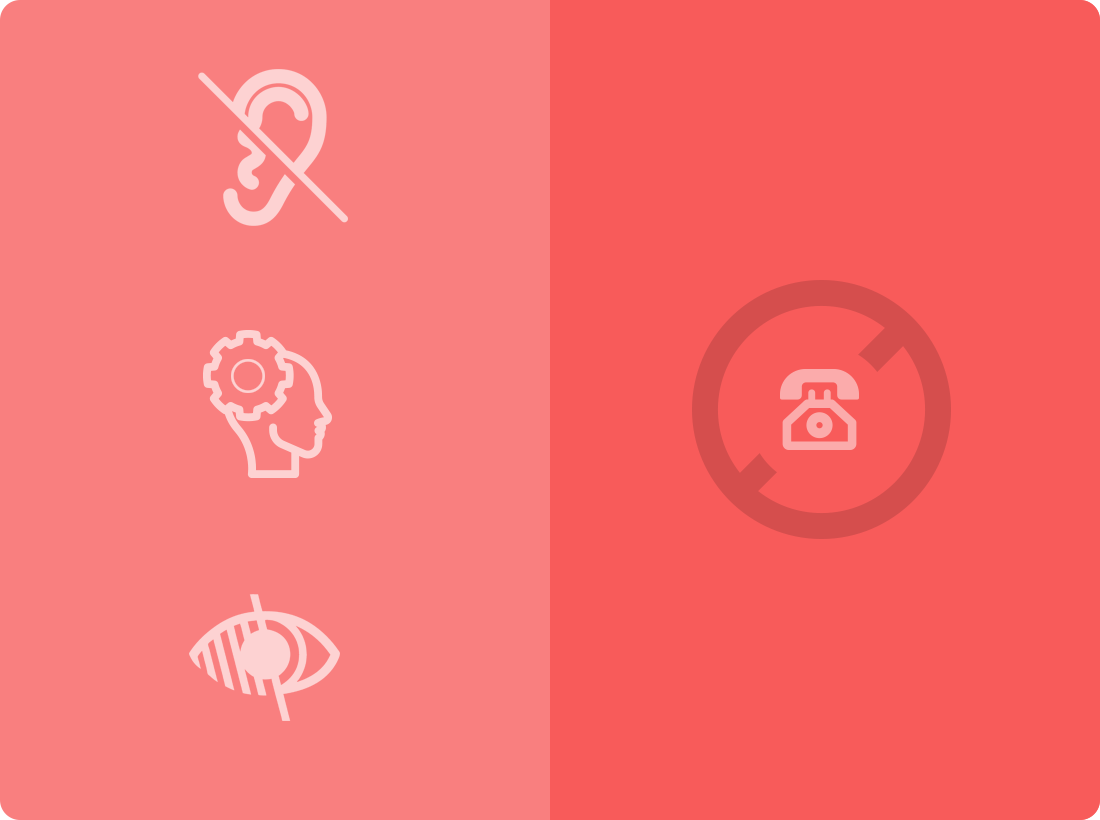How CX tech supports Ofgem reforms
“Good supplier customer service is critical to achieving wider objectives such as energy affordability and Net Zero at lowest cost” [1]
If you were asked to name one of the biggest problems in the energy sector, you would be forgiven if you didn’t mention customer service. But consumers experience great inconvenience at the hands of their energy companies suppliers, which in some cases has resulted in customers losing their power or gas supply through no fault of their own. [2]
This year, Ofgem, the regulator for the electricity and gas markets in the United Kingdom, is introducing reforms to utilities companies’ customer service to protect consumers.
Neil Lawrence, Director at Ofgem, said:
“Suppliers are short-changing too many of their customers, who deserve better. Customers need more support when they are struggling and should be able to contact their supplier without frustration or undue delay when they need help”. [3]
The reforms grew out of a Consumer Standards Statutory Consultation conducted by Ofgem that revealed overall consumer satisfaction with domestic energy suppliers has been declining since 2018. [1] Given that the contact centre is their inbound hub of customer communication, we believe that suppliers should look to their contact centres for solutions to the requirements imposed by the reforms.
Reforms and software
The contact centre software used by utilities suppliers will play a significant role in the implementation of Ofgem’s reforms. The reforms prescribe improvements which necessitate changes to business processes within customer contact operations:
- Increase capacity in exceptional hours.
- Offer a 24/7 hotline for use when supply is cut off.
- Provide alternative channels to voice.
- Support customers in vulnerable circumstances.
Software features such as an omnichannel unified agent desktop, real-time reporting, scripting, and skill groups, can help utilities suppliers adjust their processes to deliver the required results. And contact centre software can deliver results quickly.
The pressure on suppliers to produce results urgently comes directly from Ofgem: the regulator wants to see standards of customer service improve before winter. [2]
Solutions from Syntelate XA
Syntelate XA is our contact centre software application. An omnichannel customer engagement suite, Syntelate XA can help energy suppliers achieve the results they need. Here are three Ofgem reforms that Syntelate XA can help deliver:
1. Proactively support consumers in payment difficulties
Syntelate XA integrates with customer relationship management applications (CRMs), for example, Salesforce. This lets energy suppliers pass customer data to the agent desktop. With access to data on individual customer’s payment issues, Syntelate XA can be used to proactively contact those customers.
Proactive contact is a core feature of Syntelate XA; it allows you to schedule outbound calls, emails or SMS messages to customers who fit criteria that you set.

Consumers in financial difficulty require sensitive and compassionate customer service. An effective way to deliver this in Syntelate XA is to provide agents with a combination of scripted conversation and cues to guide their calls with customers.
Scripts help your agents cover essential matters, such as repayment options. Whereas cues empower your agents to conduct authentic, personal conversations – essential conditions for expressing compassion and empathy.
2. Contact Ease
Ofgem’s consultation found that a key driver for low customer satisfaction is when consumers can’t easily contact their energy supplier or do so on their preferred channel. [1] They also found that when consumers can’t reach their supplier, they instead reach out to the charity and voluntary sectors, adding to the case loads of those organisations.

Energy companies need to adopt an omnichannel contact centre application. This will let them expand their stable of channels and join the conversations up across each, so that a customer can always easily and quickly get in touch.
Syntelate XA is omnichannel, and offers voice, SMS, email, web chat, social media messaging (Facebook Messenger, WhatsApp).
Voice channels support callbacks, allowing your IVR or a live agent to book a callback for the customer at a time that suits them. And in Syntelate XA the Interval Manager lets you create a callback booker, ideal for providing out-of-hours contact to customers; in this case, the consumer books their callback by using a form on the energy supplier website.
Web chat in Syntelate XA integrates with AI tools to provide triage services and to help prioritise queries for passing to live agents. Web chat’s Smart Text lets you create standardised business chat messages for live agents to insert into replies. It also lets you merge CRM data to share business information such as email contact details.
3. Vulnerable customers need non-voice channels
The Ofgem consultation reports that those with mental health issues or disabilities would benefit from non-phone methods of contact. It cited the Money and Mental Health Policy Institute who report that those with mental health issues have difficulties using at least one communication channel, and over half (54%) struggle with use of the phone. [1]

Email and web chat in Syntelate XA can resolve this challenging area of customer service:
- Use Syntelate XA Snippets so that agents can send those customers with known disabilities or mental health issues the appropriate style and content of email communication. Snippets are powerful and can fulfil multiple use cases.
- Syntelate XA’s email channel can be managed using email rules, so you can automate replies from specific mailboxes and out of hours, providing customers with alternative contact details for web chat, social media messaging, or SMS.
How will improvement be measured?
In time, Ofgem will introduce its own measure of customer service quality, but in the interim, they will use the Citizens Advice customer service star rating [4]. The star rating is “a well-established, industry recognised measure of supplier performance.” [1] The regulator plans to introduce a new licence requirement for utilities companies to publish their Citizens Advice star rating on their websites. The goal of the star rating is to incentivise the industry to perform better and to avoid poor behaviours that result in negative customer ratings.
Real-time reporting to improve performance
Syntelate XA can help energy suppliers improve their star rating by facilitating finely tuned management of their customer service operations. Real-time and historical reporting display performance metrics on the Syntelate XA Dashboard Desktop. Metrics such as average wait time, service-level response rates, and channel queue lengths, enable managers to adjust operations spontaneously and see results improve immediately.
If you are an energy supplier in the UK, why not contact us to find out how we can support your strategy for improvement?
Sources
[1] Statutory Consultation Consumer Standards, v4, 2023. Available at: Statutory Consultation Consumer Standards v4 FINAL.pdf, accessed: 6 September 2023.
[2] Ofgem announces new rules to improve customer service for homes and businesses | Ofgem, accessed: 6 September 2023.
[3] Common energy company complaints and how to resolve them – Which? News, accessed: 6 September 2023.
[4] How the scores are worked out – Citizens Advice, accessed: 6 September 2023.
You might also be interested in...
Find a solution that’s right for your business
We've resolved all kinds of contact centre operational challenges for various sizes of organisations across key industries around the world. Take a look at how we've helped different companies achieve their customer engagement objectives.
Our SolutionsCustomer support hub
Need some help with Syntelate XA? Explore our docs, videos and guides, or raise a support ticket for urgent assistance.
Customer Support